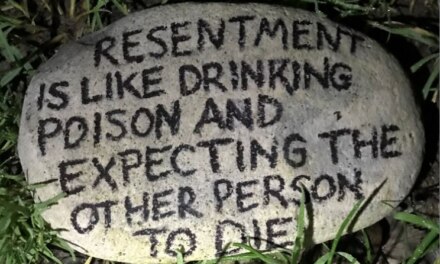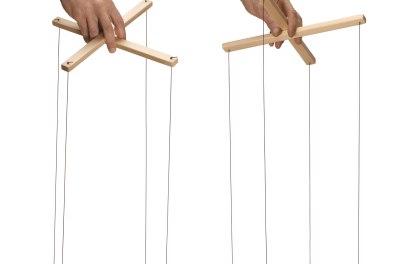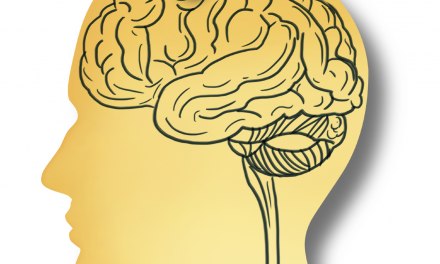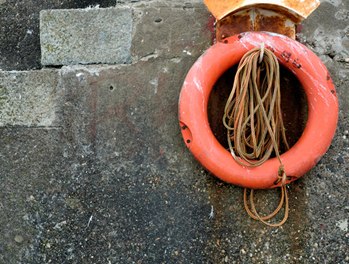My parents want me to ditch my boyfriend, who’s recovering. It’s true we’ve been through some rough times, but Todd has been clean & sober for more than a year, he’s doing okay in his job, and our relationship is pretty good. We’ve been talking about getting married. But my folks think that because Todd goes to AA and NA (sometimes two or three times a week) that he’s ‘weak’ and he’s likely to slip. How do I explain to them why some people need the ‘outside help’ of AA in recovery?”
Sounds like Todd’s doing pretty good. So why does he need “extra help?”
In large part, it’s because of the nature of human motivation for change. Some observations:
Motivation naturally fluctuates. Ask anybody who’s ever quit smoking. Some days you’re enthusiastic about it, other days you barely struggle through. If you rely exclusively on yourself, you’re more likely to relapse on one of those bad days.
Motivation springs from external as well as internal sources. Our internal desire for change – to lose weight, for instance, or get in shape – is rarely enough to get us all the way through to our stated goals. Resolutions fade with time. We need something to supplement our resolve. Support from friends and family, for instance, though that’s not always entirely reliable, is it? We buy motivational products such as exercise videos, self-help books. We enroll in workshops and classes, purchase gym memberships, hire personal trainers.
We’re not just looking for tips or new info. We’re hoping it will help prop up our motivation when it sags.
Life is full of ‘de-motivators’ that interfere with progress. As if our own naturally fluctuating motivation wasn’t bad enough, it sometimes seems as if our environment is attempting to discourage us. We don’t get the hoped-for praise and recognition for our efforts to change. We keep running into negative people who make depressing and annoying remarks like (after three weeks on the new diet) “have you picked up some weight?”
On the other hand, it’s curiously easy to find companions to accompany us in a relapse.
Doesn’t the world realize how hard we’re trying?
Of course not. The world is concerned with matters other than us. We may have the lead in our own drama, but we’re bit players in everyone else’s.
For most who seek to make profound life changes, success depends on seeking and accepting help – help that can provide the support, recognition, encouragement and understanding that we need to keep going when the going gets tough.














The support of other recovering addicts is key! I speak from experience. I’ve tried to stay sober on my own and did great for a time, but when (and they almost always do) the voices popped up for me, I had no one to discuss the full ramifications of why drinking/using was not a good idea. I was able to convince myself, I could just have 1 drink or get high just once but since I’m an addict, one time is never the case. Its not only drinking or doing drugs that we addicts struggle with, in my case I struggle w life. So when the things like friendship, family, relationship issues show up, its essential for me to talk them out with another addict. Holding on to resements, betrayals or hurt feelings manifests into bigger issues. The 12 steps, in my case, have given me a blue print on how to live my life in a healthy way. I’d suggest giving your family some literature from AA/NA or Al-Anon, maybe they just aren’t educated on addiction. Knowledge is definitely power in this case. If they aren’t willing to learn, and you know that Todd is commited to his recovery then the choice is yours. Many people will never understand and that’s ok, hopefully they can accept that this is what works for him. Best of Luck
Excellent!